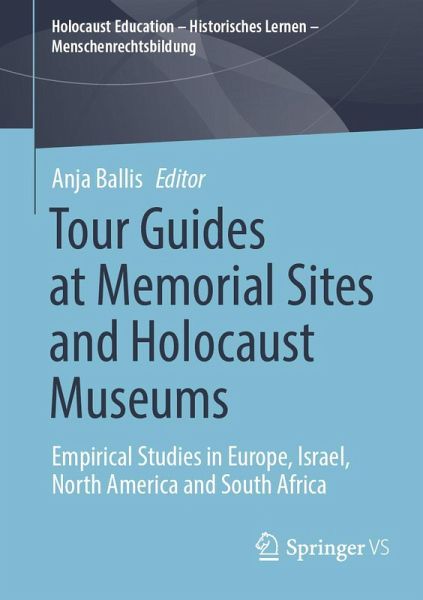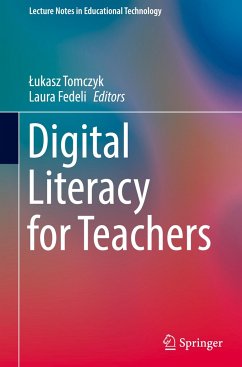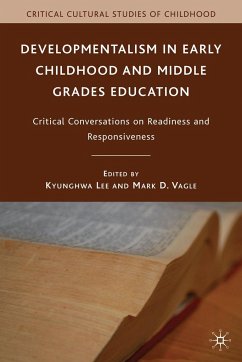
Tour Guides at Memorial Sites and Holocaust Museums
Empirical Studies in Europe, Israel, North America and South Africa
Herausgegeben: Ballis, Anja

PAYBACK Punkte
0 °P sammeln!
In this volume, contributors reflect on how to teach and mediate difficult history from the perspectives of guides. Too often, their activities are undervalued and taken for granted. Guides represent an important, often forgotten group of educators. This volume takes a global view on guiding at memorial sites and museums in Europe, North America, and South Africa. The contributors to this volume show from different research traditions that it is worth understanding more about the guides' personal interests, their motivations, and their concept of guiding. Authors apply methodologies from the s...
In this volume, contributors reflect on how to teach and mediate difficult history from the perspectives of guides. Too often, their activities are undervalued and taken for granted. Guides represent an important, often forgotten group of educators. This volume takes a global view on guiding at memorial sites and museums in Europe, North America, and South Africa. The contributors to this volume show from different research traditions that it is worth understanding more about the guides' personal interests, their motivations, and their concept of guiding. Authors apply methodologies from the social sciences to describe the guides' point of view. Complementing the various approaches in tour guide research, a detailed linguistic analysis sheds light on a survivor's testimony echoed in the guides' language.
The studies gathered in this volume open up an orientation for further approaches to tour guiding based on and centered around "authentic" materials from guides.
The studies gathered in this volume open up an orientation for further approaches to tour guiding based on and centered around "authentic" materials from guides.














